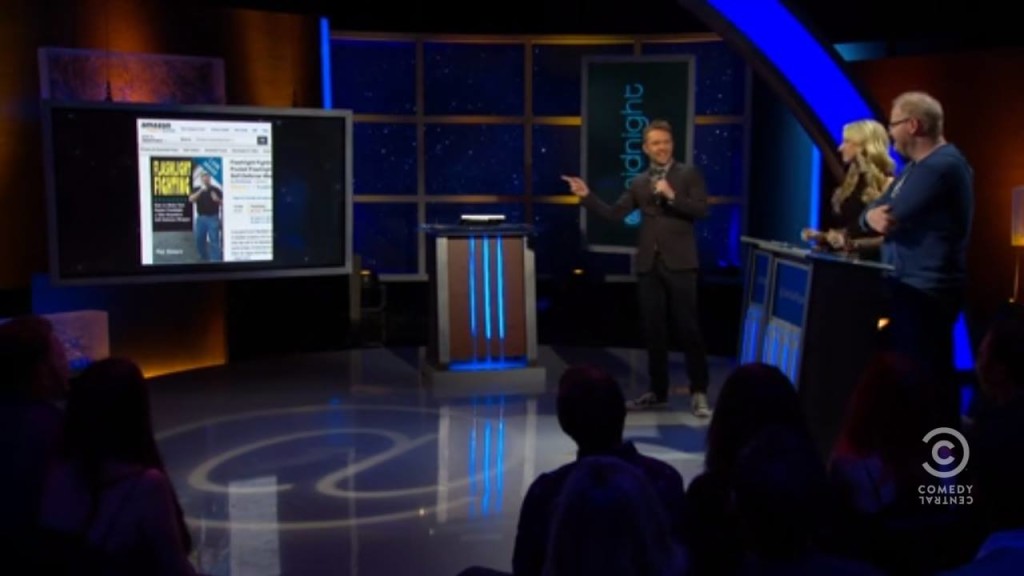Your “Bestseller” Won’t Make You Rich
A couple of years ago, Patrick Wensink, writing for Salon, admitted that his Amazon bestseller, Broken Piano for President, made him nothing. It didn’t make him rich. It didn’t even make him a comfortable sum in terms of a year’s income. It amounted to peanuts, to chickenfeed, to numerous other metaphors for a relatively small sum of money. Patrick had achieved the dream that so many aspiring authors hold as their all-consuming goal — to write a “bestseller” — and it made almost no difference to his financial life.
I say “financial” because to write a book that other people read makes a difference to every author. We crave others’ attention. Most of us would still write even if we lived alone trapped on a tropical island somewhere in the Pacific. That’s because we’d hold out hope that someday, someone might read our work.
A writer is a heroin addict whose “fix” is seeing his work published. Each new fix has to be bigger and come faster than the last. Often, we care more about the attention than we do about the money. That’s why many prominent authors could make more money by self-publishing directly to Amazon, but don’t: They’re addicted to the prestige, perceived or otherwise, of being repped by a “big publisher.”
Even knowing this intellectually, I am vulnerable to it emotionally. If one of the world’s major publishers walked into my office right now and told me that they could put my book in every bookstore in the United States, but that I’d make half as much money as I might make if I sold that book myself on Amazon… I’d take it. I’m not going to lie. I’d do it, and I’d tell myself I was doing it because it would help “build my reputation” or “spread the word about my work.” I’d be kidding myself, though. The decision would be made purely for the prestige. Much like Roger Ebert (who was a gifted writer) never let the world forget that he had once won the Pulitzer Prize, I’d be obnoxious about the fact that I had “made it” with a big publishing firm.
Given this vulnerability, Wensink’s tale of underwhelming enrichment should not surprise us. He writes, “Even when there’s money in writing, there’s not much money… Why didn’t I just tell my wife’s family the truth to begin with? Why don’t most authors talk about money? My theory: because it’s embarrassing.” Wensick made just $12,000 in royalties off his bestselling book, which sold about 4,000 copies. That’s not a bad payday at all, but it’s nothing that’s going to support a family. Most indie authors would be overjoyed to see that kind of return on their books, which they write in the evenings, at lunchtimes, and on weekends while working a “real” job or living off someone else.
That is another dirty little secret of the writing industry. Until you reach that top tier of successful, well-known authors, you won’t be making enough money to support yourself or a family — at least, not from writing fiction. Many successful mid-list authors, people whose names you know well and whose work you love (because it is brilliant) usually have a “real” job, or they have a spouse to support them, or they live with family members to make ends meet. That is another harsh reality of writing, just as Wensick said. You can make money at it, but you probably won’t make enough to support yourself.
A decade ago I had two books published by Paladin Press, Flashlight Fighting and Street Sword. The books saw something of a resurgence recently when the hive-mind of infotainment in popular culture took notice of them. My books were featured on the front page of Break and in a fairly prominent segment on Comedy Central’s @Midnight. A lot of authors would kill for that kind of mention (and that’s not a metaphor). Yet the amount of money I’ve made during the last ten years in royalties off those books is probably ten percent of what I made freelance editing manuscripts for Paladin. That’s right: I made more money correcting the grammar and crushing the dreams of my fellow aspiring authors than I ever made actually achieving the dream of being “published for real” in the case of those two books.
If you have thoughts of quitting your job to become a successful independent author, I definitely hope you succeed. Understand, though, that it’s much more likely you’ll toil in poverty while trying to do it. The better option is to find a way to make money from your writing — to become a working writer — while still finding the time to write what you love. Someday, perhaps, you’ll finally see that magical spark of success that lets you spend your time in Starbucks writing bestsellers that support a family or even make you wealthy.
That day is not today. Get to work.


